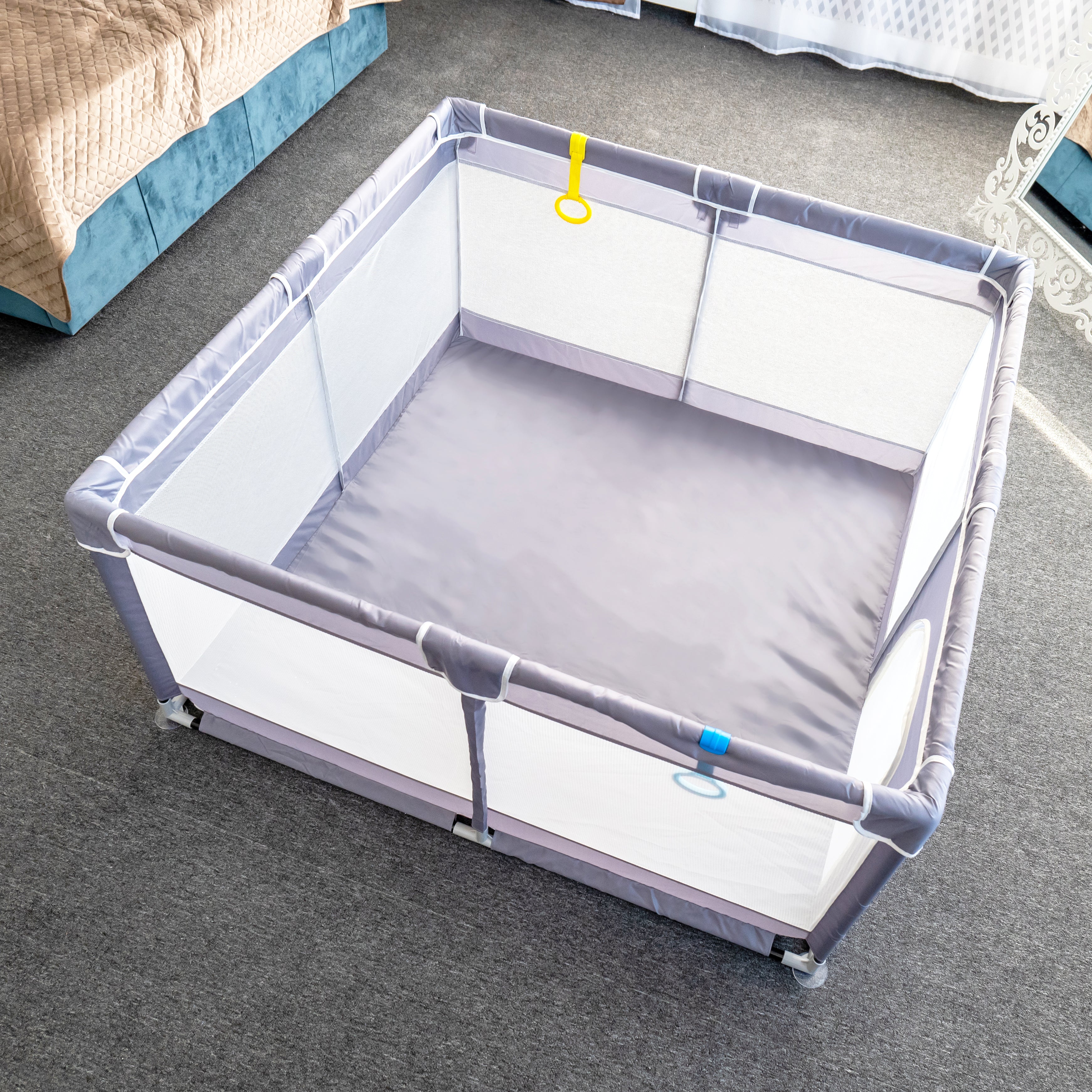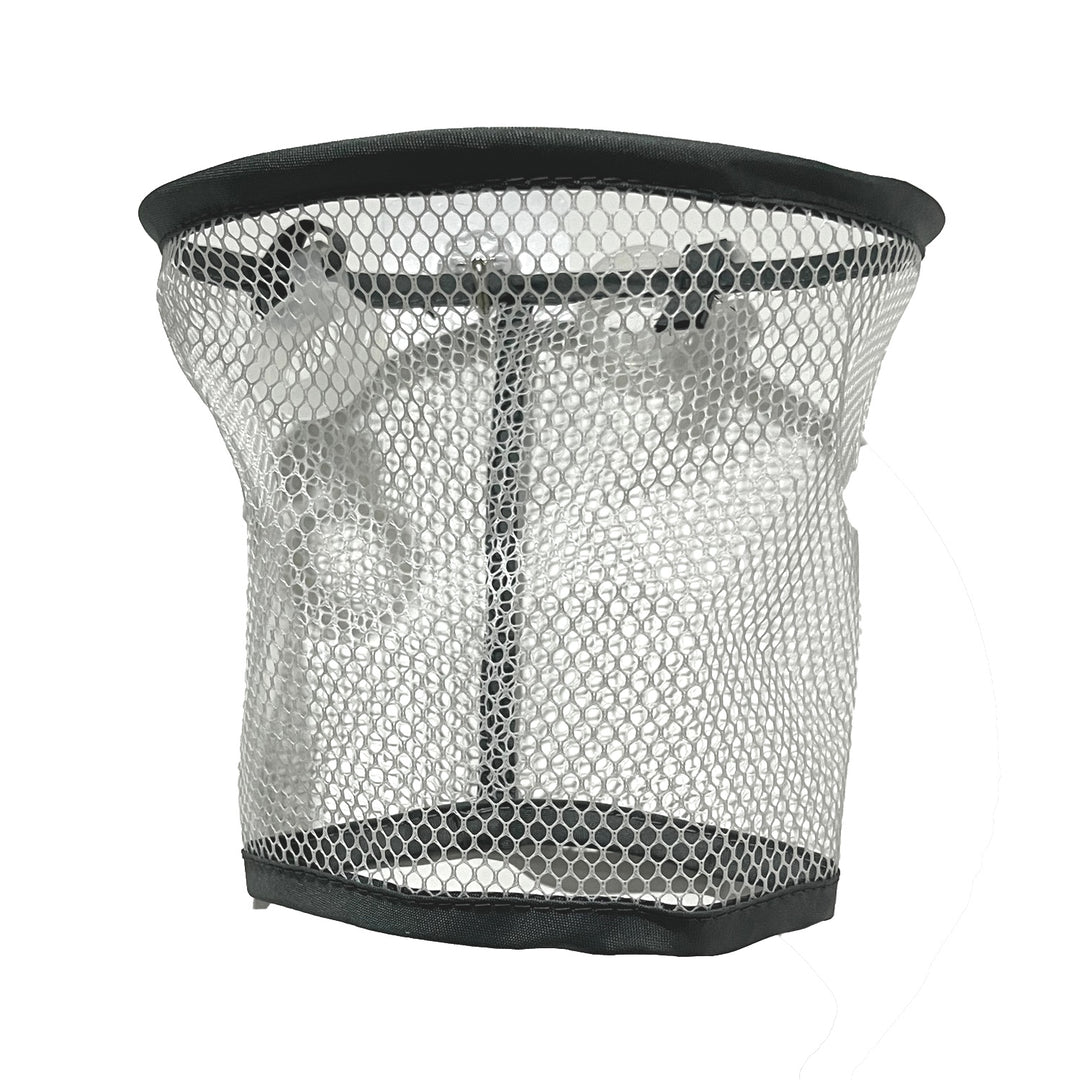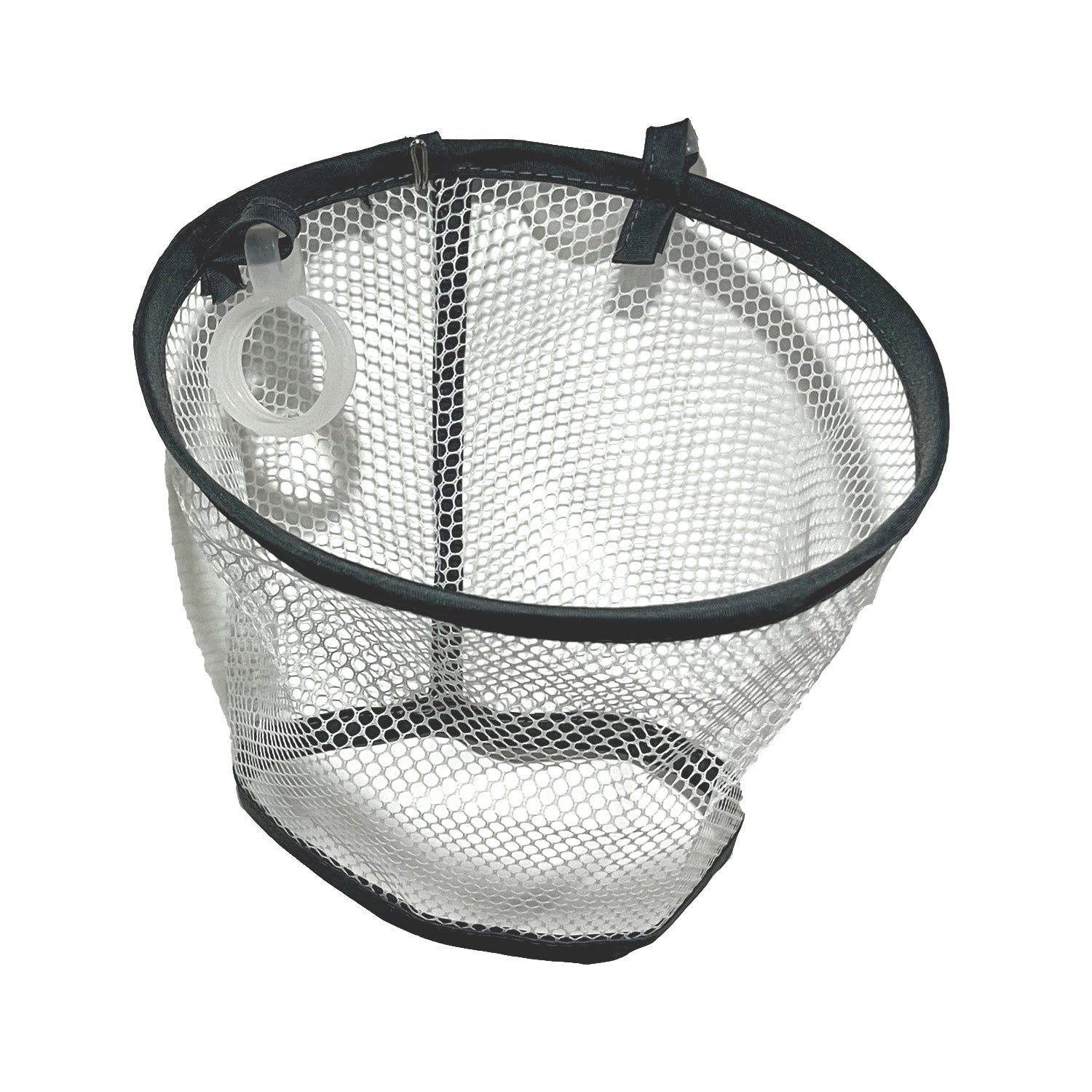Preventing Newborn Diseases: A Closer Look

Newborns are delicate and require utmost care and attention during their first few weeks of life. One of the greatest challenges that parents often face is preventing the onset of diseases. In this blog, we will take a closer look at the prevention of newborn diseases from a specific angle.
Studies show that one of the most common and serious diseases among newborns is neonatal sepsis. It is a type of bacterial infection that can affect a baby’s entire body and cause various complications, such as pneumonia and meningitis. The good news is that preventing this disease is possible through simple measures.
The first step in preventing neonatal sepsis is ensuring a clean and hygienic environment during childbirth. Handwashing and sterile equipment are crucial to preventing the transfer of bacteria from the mother or the healthcare worker to the newborn. Additionally, proper monitoring of the baby’s health and prompt treatment if any signs of infection are observed can significantly reduce the risk of sepsis.
Another common and preventable disease among newborns is respiratory syncytial virus (RSV). It is a viral infection that causes inflammation of the lungs and breathing difficulties, especially in premature infants. RSV usually spreads through contact with infected people or surfaces and causes an estimated 64 million cases of illness worldwide annually.
Preventing RSV often involves simple measures such as washing hands, avoiding contact with sick individuals, and keeping the baby away from crowded areas. In addition, vaccines are available for high-risk infants, such as premature babies, to prevent severe RSV infection.
In conclusion, the prevention of newborn diseases is crucial for the health and well-being of newborns. Simple measures like handwashing, sterile equipment, and vaccinations can significantly reduce the risk of infections and complications. As healthcare practitioners, it is our responsibility to educate parents and caregivers about these preventive measures to ensure the best possible outcome for newborns.
Studies show that one of the most common and serious diseases among newborns is neonatal sepsis. It is a type of bacterial infection that can affect a baby’s entire body and cause various complications, such as pneumonia and meningitis. The good news is that preventing this disease is possible through simple measures.
The first step in preventing neonatal sepsis is ensuring a clean and hygienic environment during childbirth. Handwashing and sterile equipment are crucial to preventing the transfer of bacteria from the mother or the healthcare worker to the newborn. Additionally, proper monitoring of the baby’s health and prompt treatment if any signs of infection are observed can significantly reduce the risk of sepsis.
Another common and preventable disease among newborns is respiratory syncytial virus (RSV). It is a viral infection that causes inflammation of the lungs and breathing difficulties, especially in premature infants. RSV usually spreads through contact with infected people or surfaces and causes an estimated 64 million cases of illness worldwide annually.
Preventing RSV often involves simple measures such as washing hands, avoiding contact with sick individuals, and keeping the baby away from crowded areas. In addition, vaccines are available for high-risk infants, such as premature babies, to prevent severe RSV infection.
In conclusion, the prevention of newborn diseases is crucial for the health and well-being of newborns. Simple measures like handwashing, sterile equipment, and vaccinations can significantly reduce the risk of infections and complications. As healthcare practitioners, it is our responsibility to educate parents and caregivers about these preventive measures to ensure the best possible outcome for newborns.


























































































































































































































Leave a comment